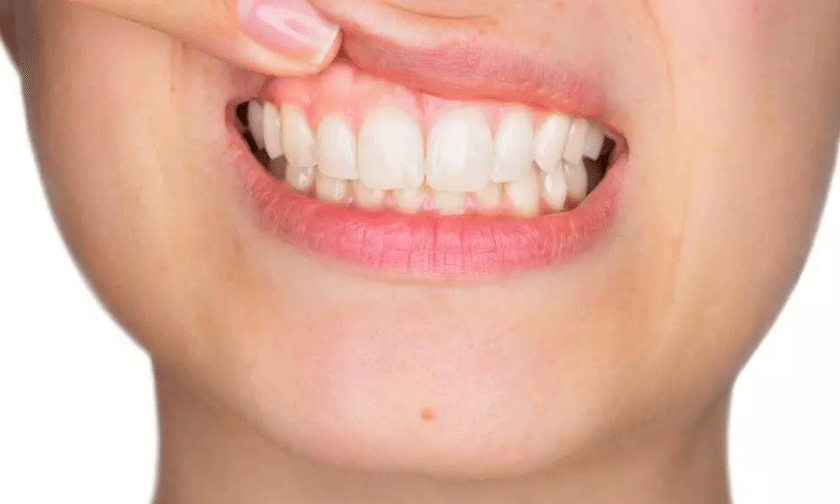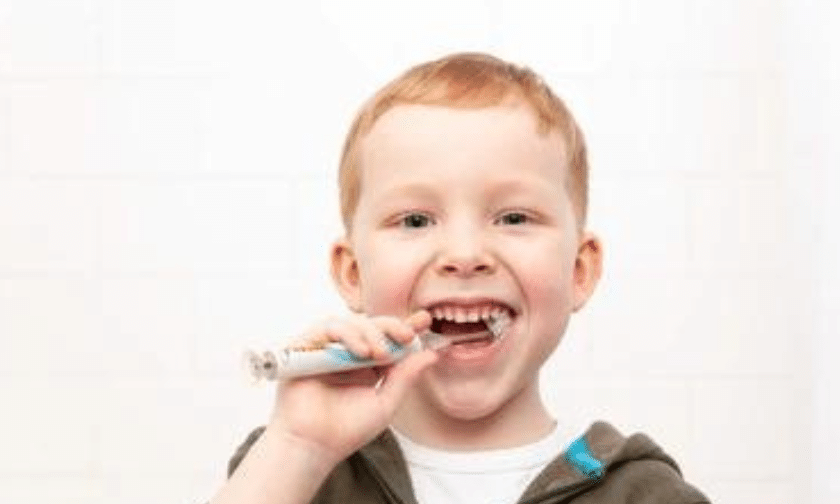
7 Ways To Improve Kid’s Oral Health
Good dental hygiene is a crucial yet often overlooked part of children’s health and development. Poor oral health can lead to painful cavities and tooth decay, as well as more serious conditions like gum disease. In order to ensure your child’s long-term dental health, it’s essential to establish proper dental habits early on. Here are 7 ways you can help improve the oral health of your child:
1. Brush Regularly
Brushing twice a day with fluoride toothpaste is key for healthy teeth and gums. Teach your child to brush in gentle circular motions, paying special attention to the back molars where bacteria tend to accumulate. For young children, make brushing fun by using colorful toothbrushes and child-friendly toothpaste in flavors like bubblegum and watermelon.
2. Floss Daily
Flossing once a day is essential for removing plaque buildup between teeth and preventing cavities. If your child is too young to floss on their own, you can help them by teaching them the correct technique. Show them how to use gentle up-and-down motions with the floss instead of sawing it across their gums, which can cause irritation and bleeding.
3. Limit Sugary Foods And Drinks
Limiting sugary snacks and sweets is one of the best ways to maintain good oral health, as excess sugar encourages plaque formation. Encourage healthy eating habits by stocking your pantry with nutritious snacks like fruit and unsalted nuts.
4. Visit The Dentist Regularly
Taking your child to the dentist twice a year is an important part of preventative dental care. During this visit, the dentist can check for cavities, detect any underlying issues, and provide advice on proper oral hygiene techniques.
5. Monitor Oral Hygiene At Home
Keep an eye out for signs of tooth decay or gum disease through regular at-home inspections. Encourage your child to show you their teeth every night before bed so that you can spot any changes or discoloration early on.
6. Use A Fluoride Mouthwash
Fluoride is an essential mineral for strengthening teeth and preventing cavities. Using a fluoride mouthwash after brushing can help protect against plaque formation and strengthen enamel.
7. Provide a Proper Diet
Providing your child with a balanced diet of nutritious foods can make a big difference in their dental health. Fruits, vegetables, and dairy products are especially beneficial for strengthening teeth and maintaining healthy gums.
Conclusion
Good oral hygiene practices should start early on to ensure long-term dental health. Taking steps like limiting sugary food and drinks, visiting the dentist regularly, brushing twice a day with fluoride toothpaste, and flossing once a day can all make significant contributions towards healthier teeth and gums. By teaching your child proper habits now, you can drastically improve their oral health in the long run.
A: The American Dental Association recommends visiting the dentist twice a year for routine checkups and cleanings.
A: Yes, dairy products like yogurt, cheese, and milk are all excellent sources of calcium which helps strengthen teeth and protect against cavities. Fruits and vegetables are also good for dental hygiene as they help keep gums healthy and promote saliva production, which keeps plaque at bay.
A: While brushing is essential, flossing and using a fluoride mouthwash should also be part of your child’s daily routine. In addition, limiting sugary snacks and visiting the dentist regularly are essential steps for preventing tooth decay.



